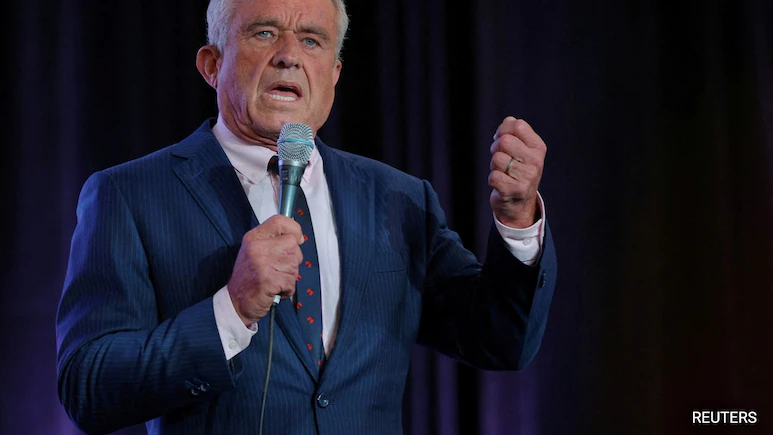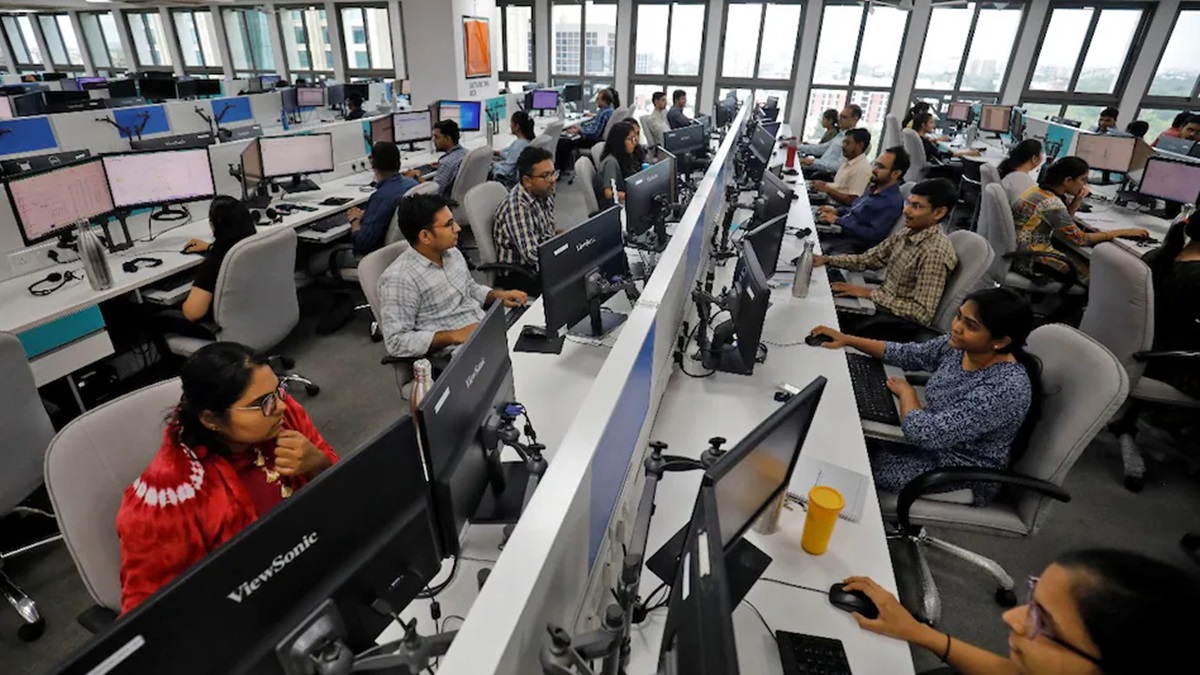Leadership is falling short in providing the workforce with information about the impact of AI on their jobs, according to a new report, which underscored the need for organisations to include employees in the AI conversation.
Findings from Mercer’s poll among over 8,500 employees globally revealed that the lack of communication from CEOs, HR leaders, and direct managers is fuelling anxieties stemming from AI.
It found that just one in five employees has heard from their direct manager or supervisor about the impacts of AI on their jobs or business.
Similarly, the majority of employees also said their CEO (75%) and their HR leader (87%) have not discussed the impact of AI on the business.
“Conversations about AI-driven transformation are still largely confined to the boardroom, the C-suite, and occasionally HR — but they’re rarely making it down to the employee level, let alone including employees themselves,” the report read.
“As a result, workers remain in the dark about how they can and should use AI to enhance their jobs, which skills they’ll need to stay relevant and how they can actively shape the very future they’re being asked to live with.”
Leadership driving AI concerns
The lack of communication from leadership comes as the report found that the growing use of AI is also driving concerns about tech taking over jobs.
This is the case in the United Arab Emirates, where 44% of employees are concerned about tech taking over their jobs despite 85% of them already using AI to help with their work.
Mexico is also seeing a similar case. The report showed that 72% of employees are already using AI to help with their jobs, but 26% are still worried that the technology could take over their roles.
“Unlike past technological advancements, where fear was rooted in the unknown, today’s anxiety around AI comes from those who know too much,” the report read.
“The more we understand, the more we realise what’s at stake.”
The way leaders talk about AI is not helping either, according to the report.
It found that when CEOs and HR leaders talk about how AI will affect the business, employees’ concern about tech taking over increases.
“Central to this disconnect is trust,” the report read. “The further removed the leader is from the day-to-day activities and the work being done, the less employees trust what they say.”
Addressing leadership vacuum
Ravin Jesuthasan, Mercer’s global transformation leader, said effective leadership in the AI era requires visible engagement and honest communication from leaders.
“To address fear of technology’s impact on work, leaders must acknowledge uncertainty, prioritise the redesign of work, and walk through change with their teams,” Jesuthasan said in a statement.
Employees’ trust in their immediate managers also underscores the need for effective people leadership training for these workers.
“Managers are pivotal culture carriers who translate corporate goals into the redesign of work and have real conversations about growth and upskilling. Investing in manager training for people leadership and AI fluency and holding them accountable for talent development is essential,” Jesuthasan said.
Insights from Mercer further stressed that employees need to be a part of the AI conversation, not excluded from it.
“No leader will have all the answers, and that’s okay. But addressing fears through honest dialogue is exactly what this moment calls for,” the insight read.
“Not talking about AI or pretending it’s a future problem poses a far greater risk than admitting you don’t know everything.”
It cited the case of Singapore, where its government is initiating efforts to upskill the entire country, such as by offering free access to training and development opportunities.
This has resulted in 68% of employees using AI, but only 17% expressing concerns that the technology will take over their jobs.
“Helping workers understand they’ll be supported, regardless of what lies ahead, is the key to creating a workforce that’s resilient and ready for whatever comes next,” the insight read.




















